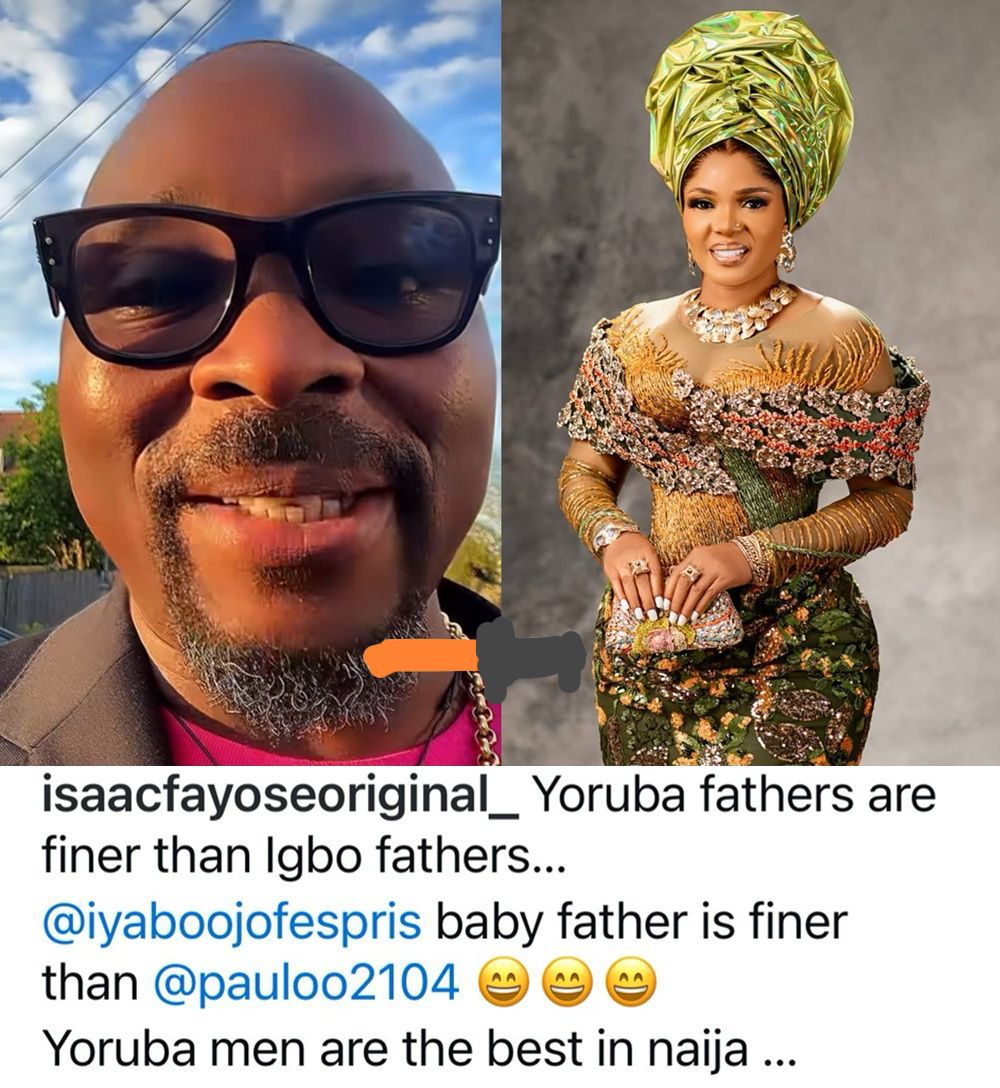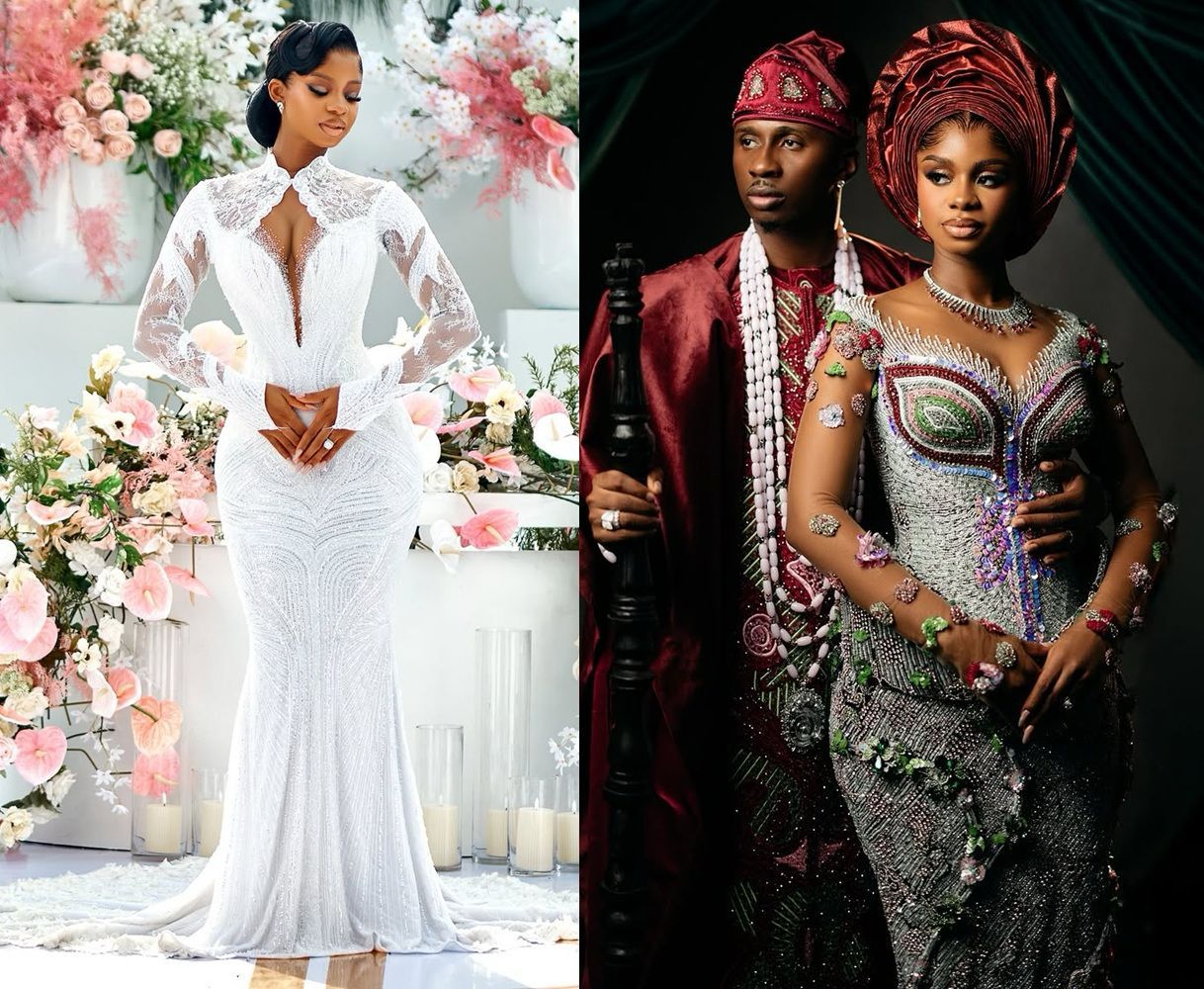
Ex-Boyfriend Takes Back Everything He Gave Me After Our Breakup: A Heartbreaking Story of Love and Betrayal

In a shocking turn of events, a Nigerian woman has taken to social media to share a deeply emotional and surprising story about her ex-boyfriend’s reaction after she chose not to marry him. The woman, identified as Nkemdilim Love, recounts an experience where her ex-boyfriend from Nsukka came to her house and took back everything he had ever bought for her, revealing an intense and unsettling side of relationships that many are reluctant to discuss.
The post, shared recently on her social media platform, quickly went viral, drawing a mixture of sympathy and criticism from her followers. Nkemdilim's account was simple yet chilling: she revealed that her ex-boyfriend, upset over her decision not to marry him, took back every single item he had ever gifted her. The most shocking part of her story? He claimed the gifts were only given with the expectation of a marriage that, after months of dating, would not materialize.
In a heartfelt post, Nkemdilim reflected on the betrayal, saying, "So my Nsukka ex-boyfriend came and carried all the things he bought for me because I didn’t marry him… I refunded him with 2.1 million Naira worth of property. I am not pained but I just feel used."
Her words struck a chord with many who have experienced similar feelings in relationships where material gifts and gestures are given with strings attached. The incident has ignited a deeper conversation about the dynamics of gift-giving in relationships, expectations versus reality, and the impact of such actions on a person's emotional well-being.
While Nkemdilim claims that she isn’t particularly “pained” by the situation, there is an unmistakable sense of disappointment and disillusionment in her words. The ex-boyfriend’s decision to reclaim the gifts, which he presumably had no legal right to do, feels like a rejection not just of their relationship, but of her worth as a person. The underlying implication is that she was seen not as a partner deserving of respect but as an investment that needed to yield a return.
In many relationships, the notion of giving gifts can be a way to show love, affection, or care. Gifts, whether small tokens or grand gestures, are usually meant to signify goodwill, without the expectation of anything in return. However, Nkemdilim’s story underscores a darker reality in some relationships, where gifts are treated as transactions or investments that require a form of compensation. It’s a sad reflection of how some people view love and relationships, reducing them to exchanges that must yield specific outcomes, such as marriage.
What makes this story even more troubling is the sense of entitlement that her ex-boyfriend exhibited. By going to the extent of physically reclaiming the gifts, he demonstrated a complete lack of respect for the emotional bond they once shared. In relationships, gifts are often symbols of love or affection, but to take them back after a breakup is to erase that symbolism, turning everything into a commodity.
The situation raises important questions about the true nature of relationships and whether some individuals use material possessions as a means of control or manipulation. For Nkemdilim, this act was a painful reminder that not all gifts are given with selfless love, and not all gestures are made with genuine intentions. Her story brings to light the dangerous territory where love is equated with material possessions, and where the failure to meet expectations can lead to feelings of being used or exploited.
The financial aspect of Nkemdilim’s story also adds a layer of complexity. She mentioned that she had refunded the equivalent of 2.1 million Naira worth of property, suggesting that the value of the gifts was not trivial. The fact that such a significant amount of money was involved only makes the situation more painful, as it implies that the relationship was viewed as an investment rather than a genuine connection.
For many, the idea of gifting material goods in hopes of securing a future with someone is a form of emotional manipulation. The expectation that a relationship must culminate in marriage in exchange for gifts or financial investments speaks to the transactional nature that can sometimes plague romantic connections. Nkemdilim’s experience highlights how this mindset can create an unhealthy dynamic, where love is measured by the amount of money or possessions exchanged, rather than emotional connection, respect, or trust.
Her post resonated with many who have experienced similar betrayals, and the reactions were varied. Some expressed sympathy for her, calling the actions of her ex-boyfriend selfish and manipulative. Others, however, argued that she should have been more cautious about the nature of her relationship from the start, suggesting that she should have recognized the signs of a man who saw love as a transaction.
Regardless of the differing opinions, one thing is clear: Nkemdilim’s story has sparked a larger conversation about relationships and the role material gifts play in them. It calls attention to the fact that not all relationships are based on mutual respect, and that sometimes, people use their resources as leverage to control or influence others. Her story serves as a cautionary tale about the dangers of placing too much emphasis on material goods in relationships and the importance of emotional maturity and clear communication.
This story is also a reminder that not all relationships, no matter how much love or effort is invested, are meant to last. Breakups are painful, and while emotional healing is often difficult, the financial or material aspects of a relationship should not dictate its value. The most significant loss in Nkemdilim’s case is not the material possessions taken by her ex-boyfriend but the realization that she had been in a relationship where love was conditional upon a specific outcome.
At its core, Nkemdilim’s post serves as a powerful reminder that love should never be about what someone can give you in return, but about genuine emotional connection and mutual respect. In her case, the exchange of gifts should have been about love, not the expectation of marriage or other forms of compensation. Relationships based on material expectations are inherently flawed, and Nkemdilim’s story serves as a stark reminder to all of us to reassess our own relationships and ensure that they are rooted in sincerity, trust, and respect, not financial transactions.
As Nkemdilim moves on from this painful chapter, her story is likely to serve as an important lesson for many who find themselves caught in relationships where love is measured by what is given, rather than the emotional connection that truly defines, is a meaningful partnership.


